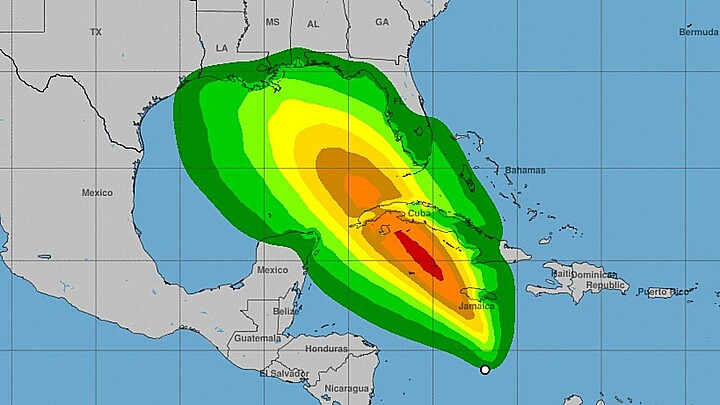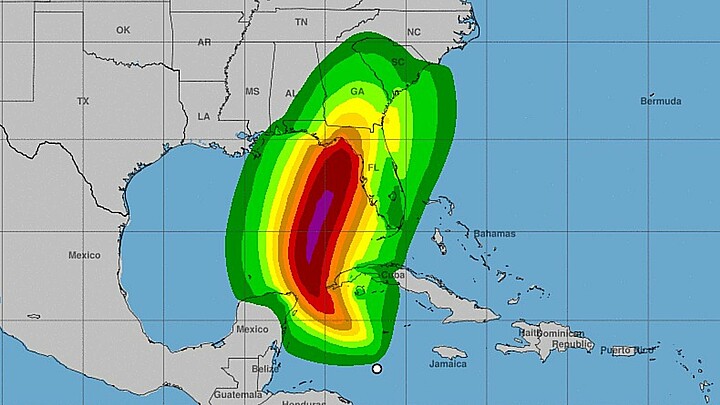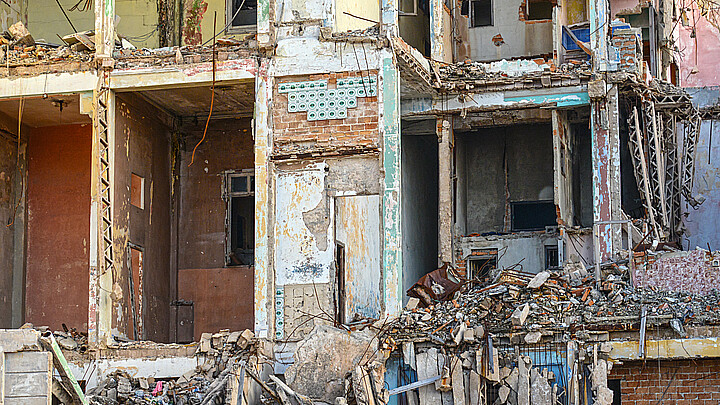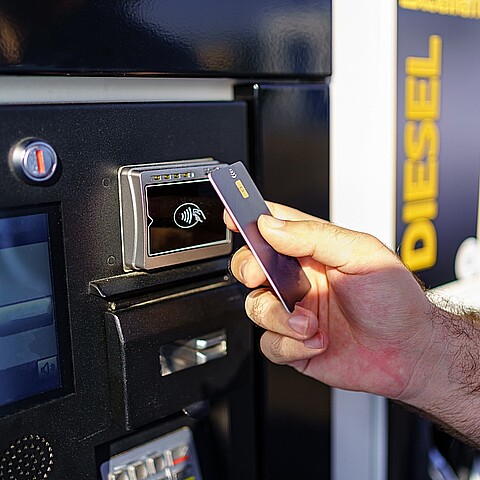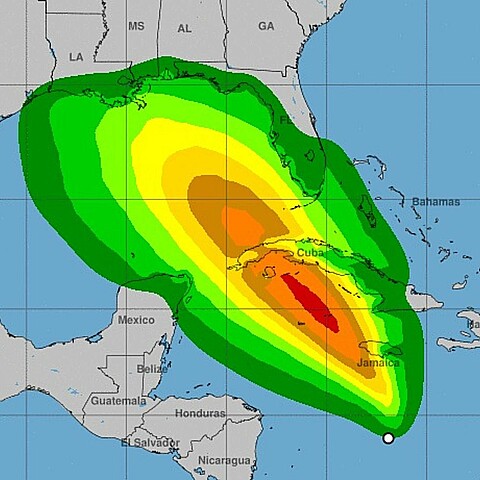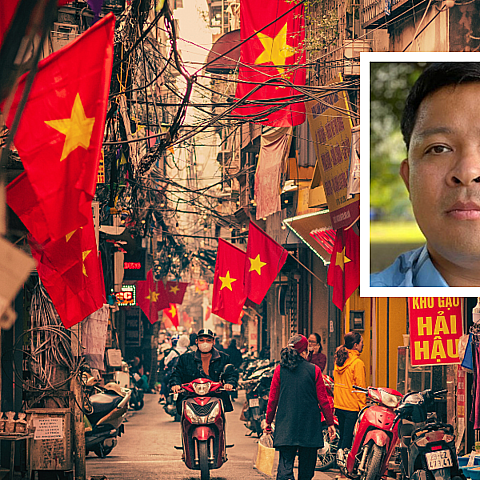Climate
Hurricane Rafael leaves western Cuba dark with "severe effects"
The meteorological phenomenon crossed the Caribbean country this Wednesday, leaving destruction and floods in its wake

November 7, 2024 8:13am
Updated: November 7, 2024 9:29am
Hurricane Rafael made landfall in Cuba at 4:20 p.m. local time (9:20 p.m. GMT) this Wednesday at a point east of Playa Majana, south of the province of Artemisa. The intense hurricane system reached Cuba with maximum sustained winds of 105 mph, according to meteorologist Raydel Ruisanchez who reported on the storm via social media.
After the storm finished its advance on the province of Artemisa, it maintained a course to the northwest at 22 km/h and went out to sea between the towns of Bahía Honda and La Mulata in Pinar del Río, approximately between 7 and 8 p.m.
The Meteorological Institute of Cuba (Insmet) recorded intense rains, of up to 200 millimeters (or liters per square meter), in the region hit by the storm.
Although the hurricane decreased its intensity after reaching Cuban land, passing through the west with category 2 on the Saffir-Simpson Hurricane Scale and with winds of 175 km/h, it caused severe damage to the infrastructure of the province, including flooding and landslides.
The Cuban regime said the effects on housing and agriculture have been “very strong.” So far, no deaths have been reported as a result of the 105 mph storm.
The profiles of Facebook users from Artemisa, the capital and the other provinces that suffered the onslaught of the hurricane show the destruction left by the winds and rains associated with the phenomenon in the western region.
Cuba faced the wrath of Raphael in the midst of a power outage crisis, which has caused multiple protests against the Castro regime.
Cuban Communist Party appointed President Miguel Díaz-Canel wrote on his social networks that “major damage has been reported in Artemisa, Mayabeque and Havana,” three western provinces.
For his part, Cuban regime Prime Minister Manuel Marrero Cruz added in a special intervention on state television that the total blackout that this cyclone has caused in the country, the second event of “zero national energy coverage” in just two weeks is yet to be evaluated due to inclement weather.
In this regard, on social networks the Cuban Ministry of Energy and Mines (MINEM) demanded “time” for the energy recovery of the area.
Part of the island is without electrical service due to the passage of the recent cyclone, according to the government.
“Strong winds caused by the highly intense hurricane Rafael caused the disconnection of the national electrical system,” the state-run Electrical Union of Cuba (UNE) indicated on the X network even before the arrival of the meteor.
Rafael has affected more than four million Cubans and its damage will begin to be visible starting this Thursday.
This is the second hurricane to make landfall in Cuba so far this year. The previous storm, Hurricane Oscar, passed through the northeastern end of the island a little over two weeks ago and left 8 dead (according to official figures), 12,000 homes damaged and 13,000 hectares of crops damaged.

